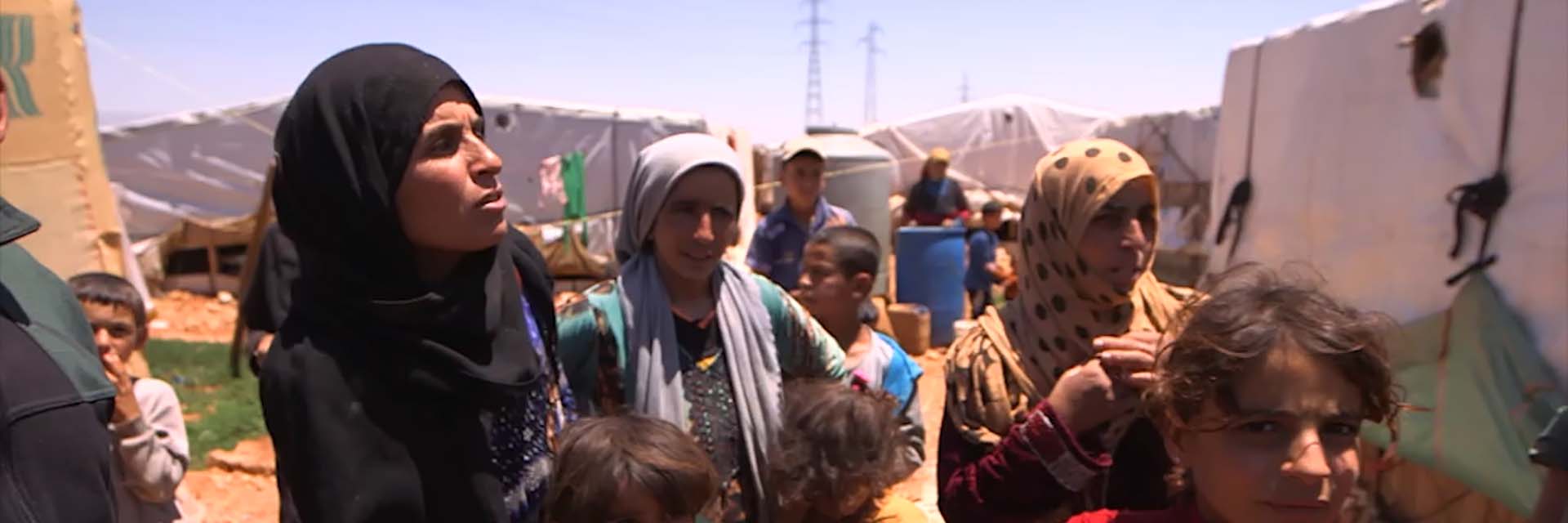Access to diagnostics
Built in 2011 at Saint-Joseph University of Beirut, the Rodolphe Mérieux Laboratory aims to fight infectious diseases and epidemics for the benefit of the most vulnerable populations.
It is part of Saint Joseph University’s Faculty of Pharmacy, located on the Innovation and Sports Campus. It has two biosafety level 3 (BSL3) laboratories and offers comprehensive expertise for the detection of mycobacteria and other pathogens.
National Reference Laboratory for Tuberculosis
The Rodolphe Mérieux Laboratory of Lebanon was designated National Reference Laboratory for Tuberculosis in 2018.
The same year, to develop the expertise of the Rodolphe Mérieux Laboratory’s staff and support the National Tuberculosis Program, we organized several training courses, in collaboration with Saint Joseph University’s Faculty of Pharmacy, on diagnostic testing for tuberculosis.
In 2019, an agreement was signed with the International Organization for Migration (IOM) for the diagnosis and expertise of tuberculosis strains in migrant populations.
At the forefront of the fight against COVID-19
The Rodolphe Mérieux Laboratory in Beirut was mandated by the Lebanese Ministry of Health to carry out COVID-19 screening alongside the Rafik Hariri University Hospital laboratory. Testing activities for COVID-19 began there on March 7, 2020 and the laboratory is now one of the five reference laboratories for the Ministry of Health. The compliance rate of the COVID-19 tests they perform has been evaluated at 100% by WHO.
Discover our actions against COVID-19
Enhancing research capabilities
The Rodolphe Mérieux Laboratory is open to scientists from several institutes in Lebanon and the region. We support applied research conducted in close collaboration with a number of partners.
Optimizing the screening strategy for latent TB infection
To contribute to the development of national recommendations for targeted screening and management of latent tuberculosis infection, we carry out a study, in partnership with Saint Joseph University of Beirut, the National Tuberculosis Program of Lebanon and several partners. The study analyzes different groups using the QuantiFERON®-TB Gold Plus diagnostic test. Its objective is to estimate the prevalence of latent tuberculosis infection in Lebanon.
HINTT – Improving tuberculosis treatment follow up
The objective of the HINTT study, “HBHA-IGRA as a New Tool for TB diagnosis”, is to evaluate a new approach to monitoring tuberculosis treatment to improve tuberculosis patient care and limit the spread of the bacteria in the community.
This study is being carried out in partnership with Lebanese University and the National Tuberculosis Program.
Support for mothers and children
Construction of a health center in Duris
As a country, Lebanon hosts one of the largest populations of Syrian refugees fleeing the civil war in their home country. Dispersed over the different regions of the country, they are mainly settled in Akkar and in the Bekaa plain, along the Syrian border. The Bekaa is one of the Lebanese regions with one of the least equipped in terms of infrastructure, including sanitary facilities.
By funding from the Department of International Cooperation of the Prince’s Government of Monaco and Fondation Christophe et Rodolphe Mérieux, we have built a primary health center for mothers and children in the vulnerable host population and refugees of the Bekaa plain. The project is supported by the Lebanese Ministry of Health, the Baalbeck-Hermel Governorate and the municipality of Duris, which provided the land for the center.
The center, managed by the Lebanese NGO Amel Association, provides medical care for women and children. A total of 1,144 patients benefited from consultations between April and August 2020, in general medicine, pediatrics, gynecology or cardiology. It also offers health education and information on social issues for families.

